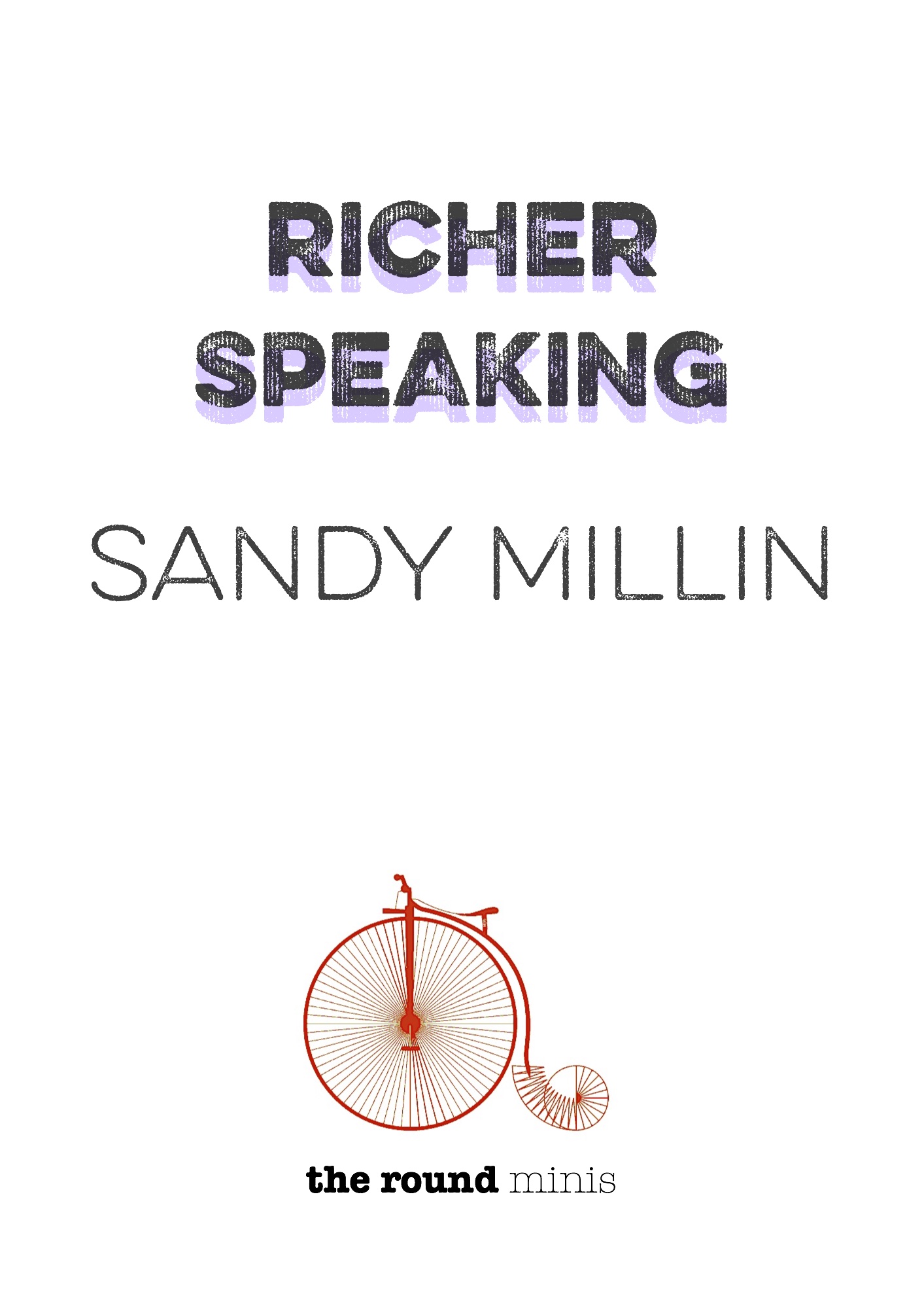Podcasts
podcast (noun)
a recording of a radio broadcast or a video that can be taken from the Internet
- To listen to the podcast, click on the link below.
- I download podcasts of radio shows and listen to them in the car.
[Definition from the Oxford Advanced Learner’s Dictionary]
Although the word podcast was originally taken from ‘iPod’ and ‘broadcast’, you don’t need an iPod to listen to one. In fact, you don’t even need an mp3 player; a computer with internet access is enough. They are freely available from a wide variety of sources, some designed for native speakers and others for language learners.

Image by @carlaarena from http://flickr.com/eltpics
Why should I use podcasts?
As you listen to more and more English, you will understand more. Podcasts give you the chance to listen to English from around the world, including both native and non-native speakers. Even if you are not concentrating 100% on what is being said, your brain is becoming familiar with the rhythms of English and you are learning without noticing. You will improve your language ‘instinct’ and get a better feeling about what sounds right.
How can I use podcasts?
You can download podcasts from some of the places listed below and listen to them as you are doing other things. For example, I listen to podcasts on my way to and from work or when I am cooking. It doesn’t matter if you are not listening attentively and you don’t need to understand everything. You will find that you understand more as you get used to the speakers in podcasts you listen to regularly.
Here are some activities you can do using podcasts if you want to use them for studying:
- Choose a podcast on a subject you are interested in. Before you listen, read the summary telling you what is in the programme. Predict 10 words which you think will be used/3 ideas which you think will be mentioned. Then listen to find out if you were right.
- Listen to a podcast. Choose one topic covered to find out more about on the internet.
- Choose a podcast on a subject you would not normally listen to. Listen and write down vocabulary/ideas that could help you understand more about the topic.
- Find a short ‘article’ in a podcast (about one minute long) and use it as a dictation exercise. Listen and write what you hear as accurately as you can. You can play it again as many times as you like.
- Find a ‘study buddy’ and both listen to the same podcast. Afterwards, meet and see how much you can remember about what was discussed.
If you have any other ideas, please share them in the comments.
How do I choose a podcast to listen to?
Look at the list below to help you find podcasts. Try one episode of a podcast, and if you like it, listen again. If you don’t, there are plenty of other podcasts which you can listen to!
You could also ask your friends or your teacher (if you have classes); maybe they have some favourite podcasts which they can recommend to you.
Where can I find podcasts?
Almost all of these podcasts are free to download. You can go to the website, right-click on the ‘download’ link and click ‘Save as…’, then upload it to your mp3 player if you have one. If not, you can listen to the file on your computer too.
For English learners
The BBC Learning English page has a range of podcasts designed for English learners of all levels. Each podcast can be downloaded and also has a tapescript so you can read while you listen.
- The English we speak is a series of very short 2-3 minute episodes, each looking at one phrase in English.
- Words in the news introduces vocabulary based on up-to-date news stories. News English Extra looks at the use of words and phrases which often appear in the news.
- Ask about English podcasts answer questions from learners about confusing parts of English. Grammar Challenge helps you with difficult areas of English grammar.
- How to… gives you instructions on how to do lots of different things in English, like congratulate people or complain about something.
- Keep your English up-to-date helps you to understand words which have recently entered the English language.
- Express English asks short questions to Londoners. You can hear their answers, then add your own.
- 6 minute English is like a podcast magazine. Each week, the presenters talk about one topic and teach you vocabulary to help you discuss it too.
The British Council also have various podcasts designed for English learners.
- Elementary Podcasts is designed for elementary learners. It also has activites to help you practise the vocabulary.
- Big City Small World is a story about a group of young people living in London.
- Word on the Street looks at the lives of young British people.
- The Professionals podcasts are designed to help you improve your English for your career and at work.
Other podcasts for English learners include:
- Listen to English has new podcasts every week, each with a transcript and some linked activities. You can listen by clicking the arrow > at the top of the blogpost, or go to the bottom of the post and click ‘Download’.
- Podcasts in English and ESLpod: you can listen to the podcasts for free, but you need to pay if you want to read the transcripts or get activities to do with the podcasts.
- St. George International podcasts: conversations between real English speakers about lots of different aspects of life in the UK.
‘Real’ English
The BBC has a huge library of podcasts taken from their radio broadcasts in the UK and abroad. Some podcasts may only be available in the UK, but most are available around the world. Some of my favourites are:
- Witness: 10-minute documentaries about historical events from people who were there;
- Science in Action: 20 minutes of up-to-date science news;
- Drama of the Week: radio plays telling great stories, normally about 80 minutes long;
- Friday Night Comedy: 30 minutes of comedy based on the week’s news (good for cultural knowledge);
- Mark Kermode and Simon Mayo’s film reviews: 90 minutes of reviews and interviews about the latest films.
At the moment, there are 329 pages of podcasts on the BBC, so if you don’t like these programmes, I’m sure you can find something you do!
Some of my other favourite podcasts include:
- Stuff you missed in history class: 20-30 minute episodes looking at history from around the world. How Stuff Works also have lots of other podcasts. (American English)
- Reduced Shakespeare Company: 25-minute episodes about the life of a very funny theatre company. (American English)
- This American Life from National Public Radio tells stories, both real and imagined, about American life (American English)
- Focus magazine: a monthly podcast summarizing the contents of the science magazine, as well as interviews related to the topics covered in the magazine
- History magazine: a weekly podcast including interviews with historians about different parts of history
If you have iTunes you can search for podcasts in their library using the ‘podcasts’ tab in the iTunes store.
Other podcast ‘directories’ (lists of podcasts) include podbean and podomatic.
Most of the podcasts on this list are things which I listen to, so of course they reflect my interests. If you find other podcasts you like, why not recommend them in the comments?
And don’t forget, if you’re feeling very adventurous, you can even record your own podcasts!
Happy listening!
P.S. Here’s another post I wrote for the British Council called Using podcasts to develop listening skills. It has ideas for teachers and students.





